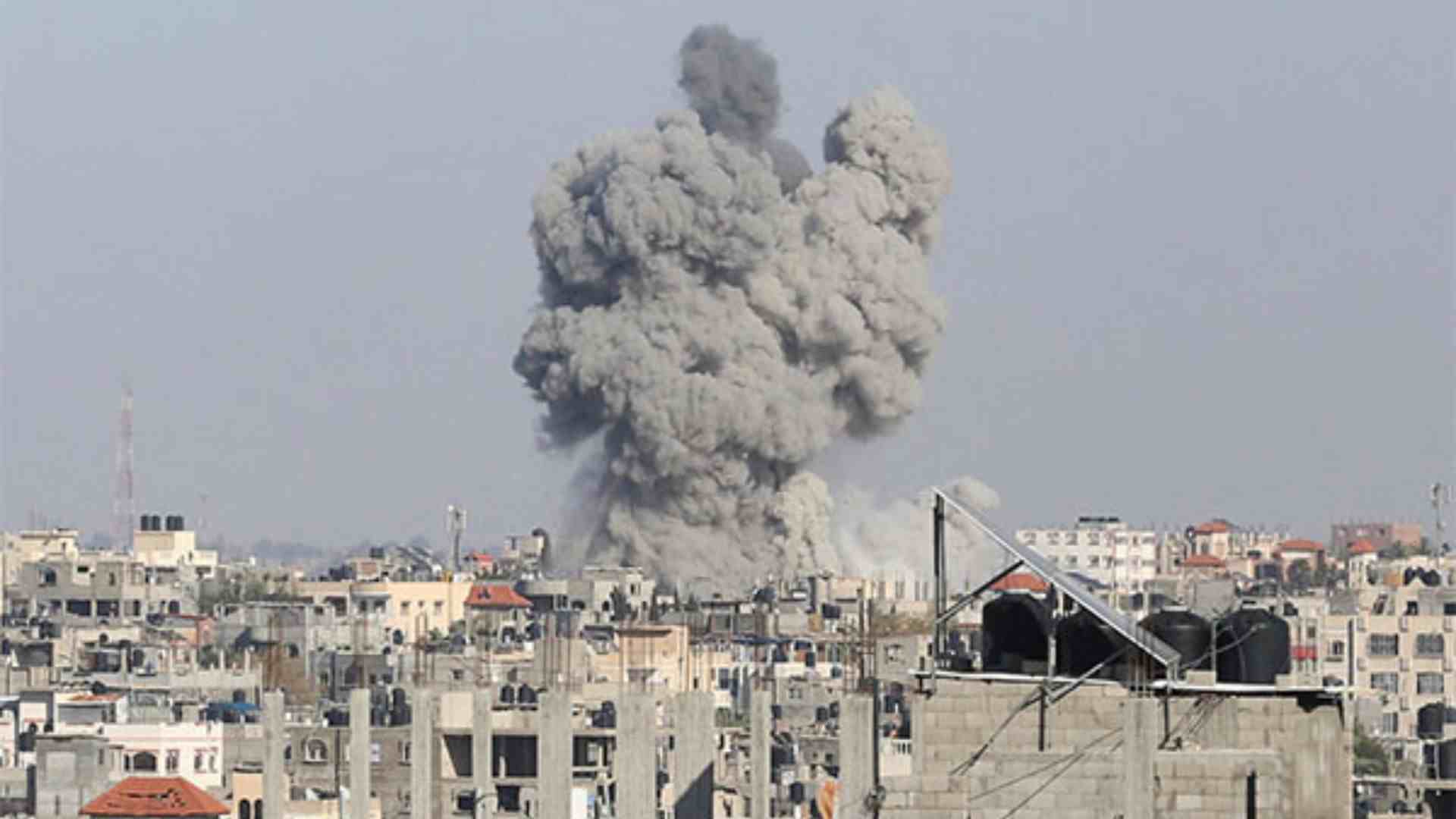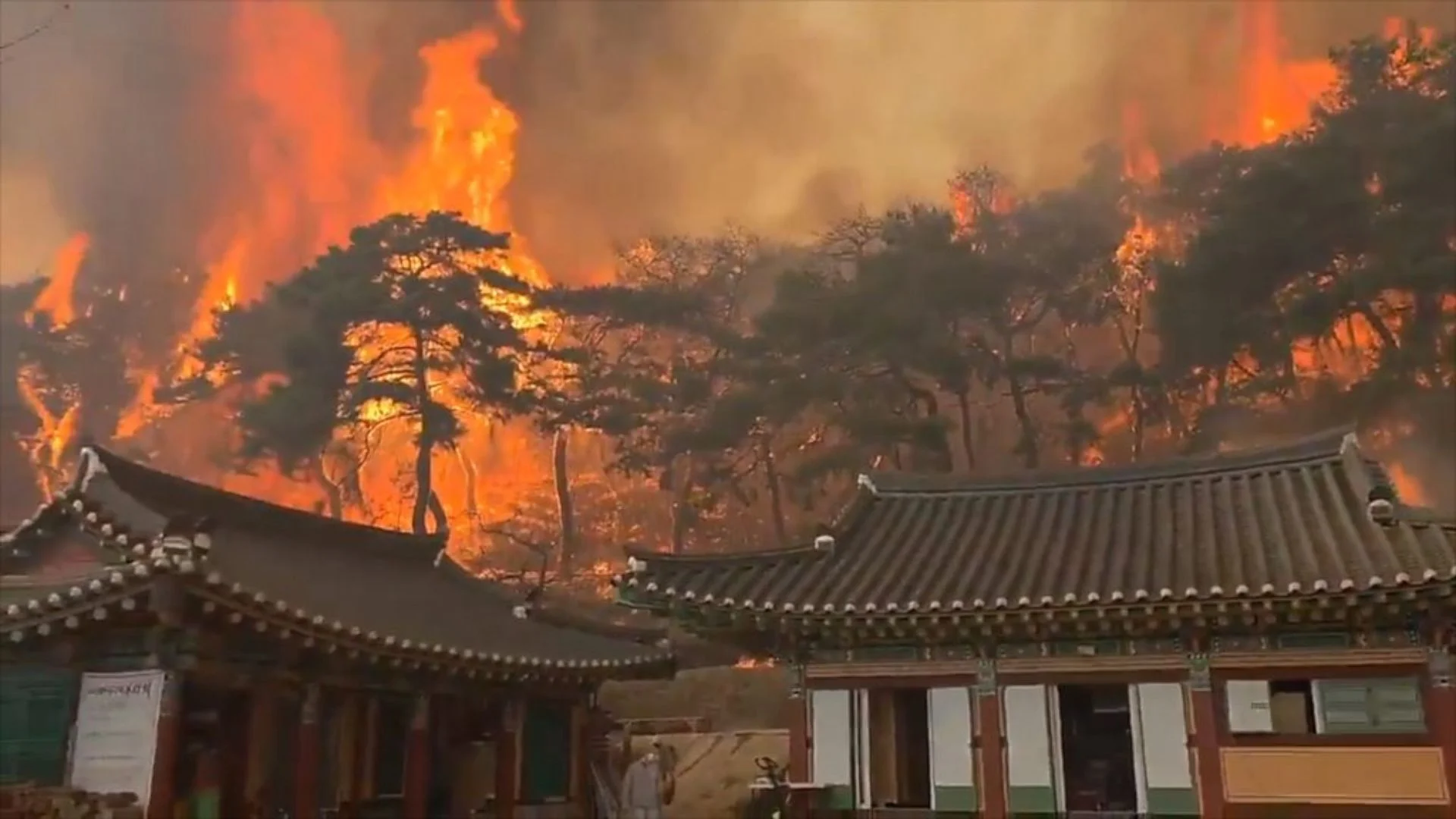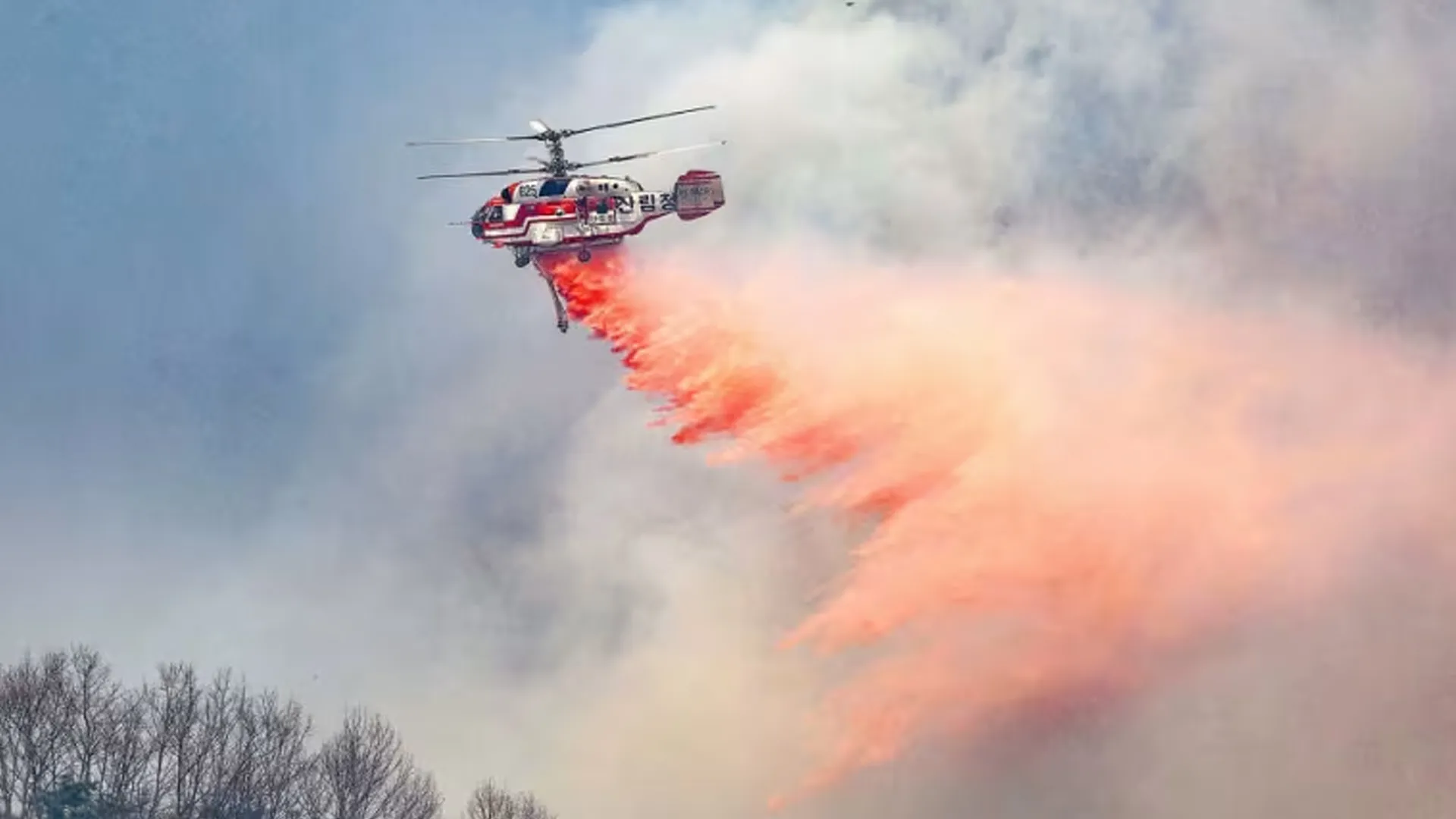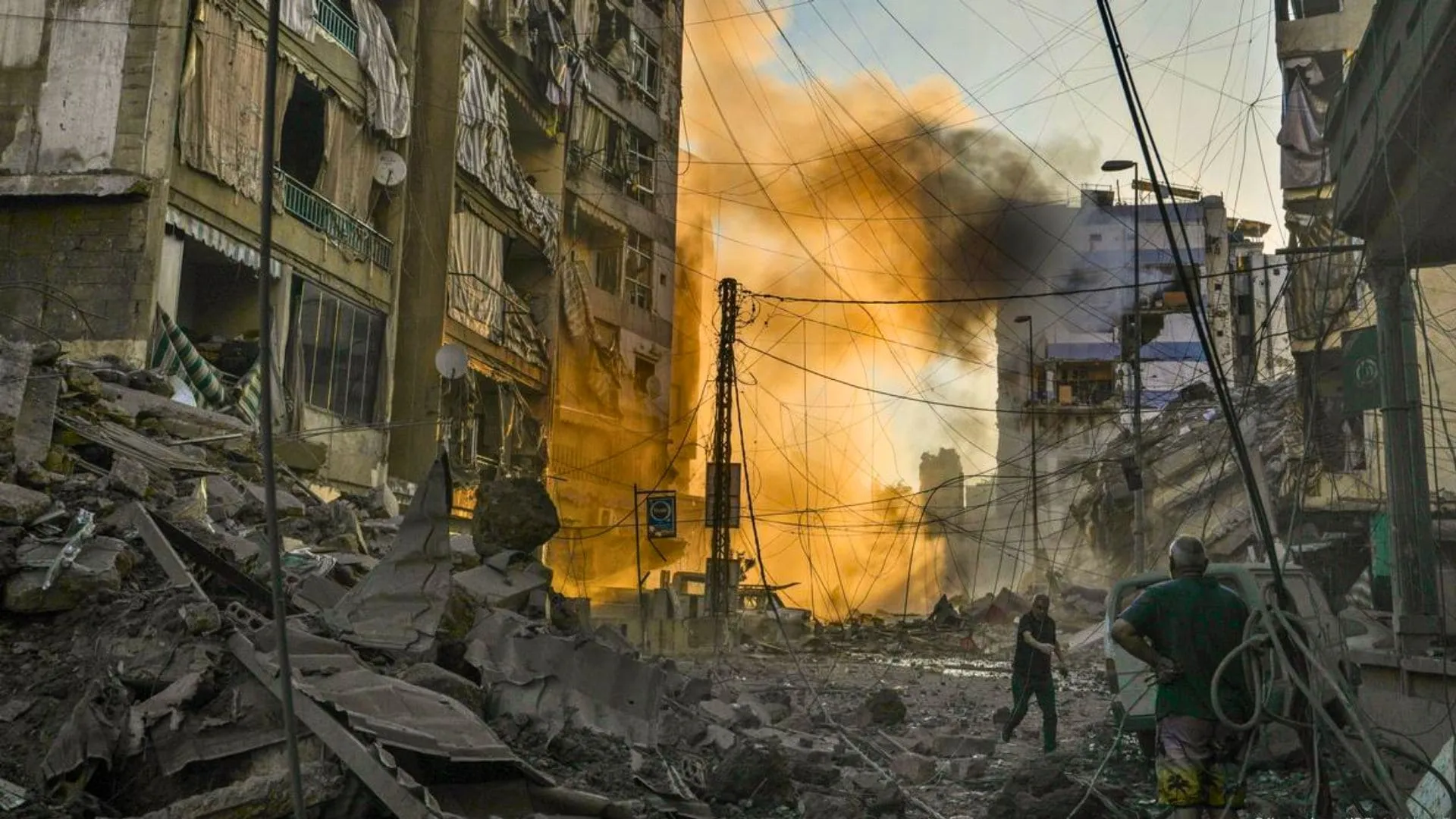Israeli airstrikes on Rafah on Sunday night killed two senior Hamas commanders after targeting a Hamas compound, according to The Times of Israel.
This strike followed Hamas’s first rocket attack on Tel Aviv in months, reported Al Jazeera.
The airstrikes resulted in 35 fatalities, including the two senior commanders, and injured a dozen others in a camp housing displaced civilians, based on information from Hamas health authorities as reported by The Times of Israel. The Israel Defence Forces (IDF) confirmed that they had targeted a Hamas compound and eliminated two commanders within the terror group’s ranks.
The IDF specified that the strike in the Tel Sultan area of northwestern Rafah targeted senior Hamas officials. Their statement noted, “the attack was carried out against terrorists who are a target for attack, in accordance with international law, using precision munitions, and based on intelligence indicating the use of the area by Hamas terrorists.”
The IDF identified the killed commanders as Yassin Rabia, head of Hamas’s West Bank headquarters responsible for advancing attacks against Israel from or in the West Bank, and Khaled Najjar, another senior member of the unit. Rabia “managed all of the military arrays of the West Bank headquarters… was involved in the transfer of funds for terror purposes and directed attacks by Hamas operatives” in the West Bank. Rabia had also committed several deadly attacks in 2001 and 2002, killing Israeli soldiers.
Najjar was implicated in directing shooting attacks and other terror activities in the West Bank, as well as funneling funds to Hamas operatives. He also executed multiple attacks between 2001 and 2003, resulting in the deaths of civilians and soldiers, according to the IDF.
The airstrikes occurred days after the International Court of Justice (ICJ) ordered Israel to cease its operations in Rafah and withdraw from the Gaza enclave, as reported by CNN. The ICJ, located in The Hague, Netherlands, issued the order on Friday in a case brought by South Africa accusing Israel of genocide, citing an “immense risk” to the Palestinian population. This was the third such order this year from the 15-judge panel aimed at reducing the death toll and alleviating humanitarian suffering in Gaza. While these orders are legally binding, the court lacks enforcement mechanisms.























